The Second Regional Consultation on PrEP in Central Asia, held in Almaty on November 25–26, 2024, brought together 120 participants from 15 countries worldwide. This was the second event of such a scale that united key stakeholders: representatives of LGBT communities from Kazakhstan, Kyrgyzstan, Tajikistan, and other countries, healthcare specialists, international organizations, and donors.
The event was organized by ECOM — Eurasian Coalition on Health, Rights, Gender and Sexual Diversity (ECOM) with the support of the World Health Organization (WHO) Regional Office for Europe, the Alliance for Public Health (Ukraine) and SOS project 2.0, UNAIDS and the EpiC project (Kyrgyzstan) with the support of USAID and PEPFAR.
The consultation focused on progress, challenges, and perspectives for scaling up PrEP programs in the region, emphasizing practical solutions and innovations. Participants highlighted the importance of decentralization, the introduction of modern monitoring technologies, and strengthening collaboration between government structures, NGOs, and communities. The consultation included 11 thematic sessions.
The first session, on the status of PrEP programs in Kazakhstan, Kyrgyzstan, and Tajikistan, highlighted successes in increasing coverage among MSM, including the introduction of the E-PrEP electronic system and the use of telemedicine. However, participants stressed the need to combat stigma, improve awareness, and remove barriers to accessing services in remote areas.
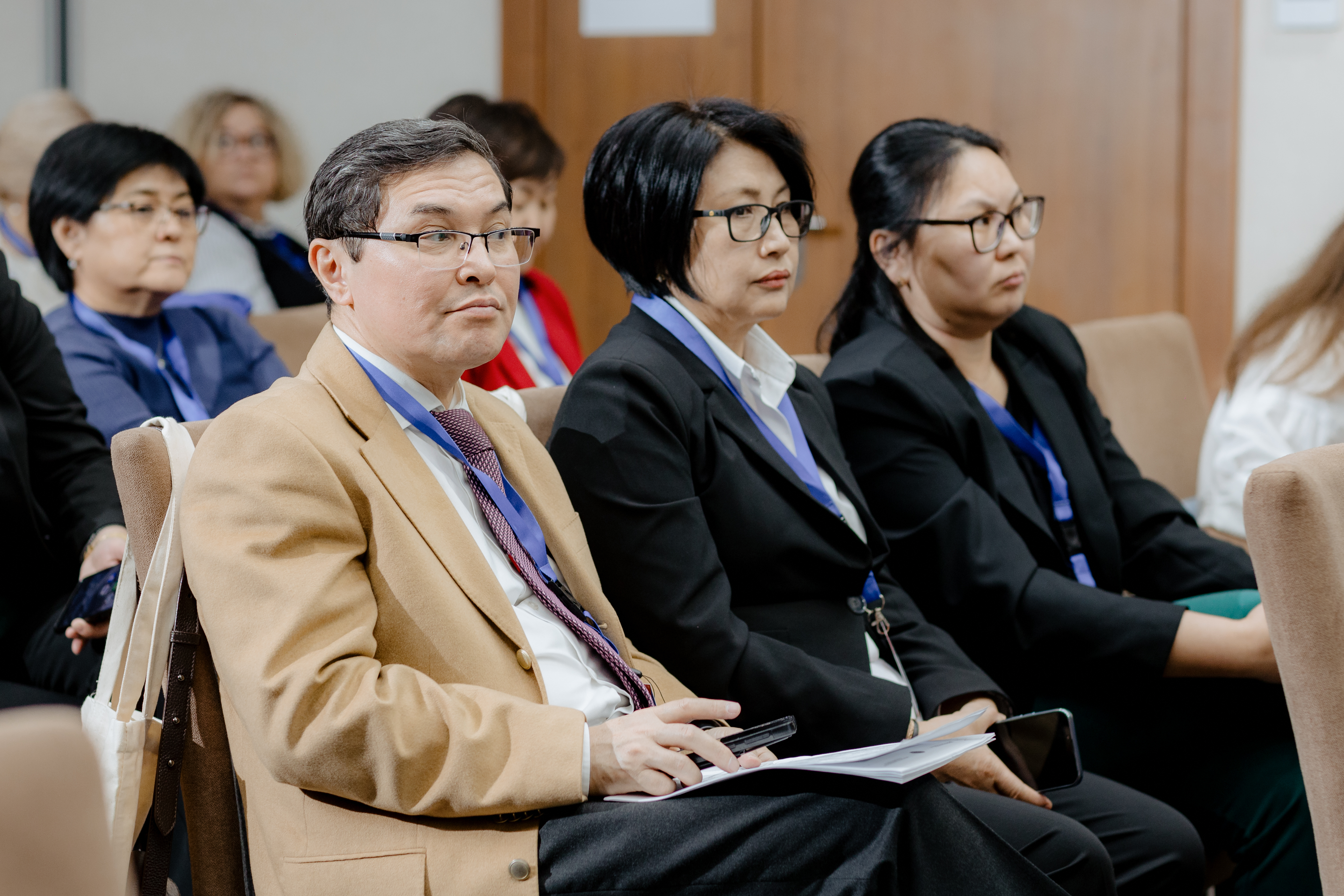
The session on the role of primary healthcare explored models for integrating PrEP into the healthcare system. The examples of Kazakhstan and Kyrgyzstan demonstrated the effectiveness of partnering with NGOs and using client monitoring platforms. Special attention was given to international approaches: the experience of Thailand and Germany showed that demedicalization and low-threshold services significantly expand access to PrEP.
The topics of monitoring and evaluation of PrEP programs became central at the fourth session. Experts from Vietnam, Tajikistan, and Kyrgyzstan presented innovative data collection systems, including automated reporting and the use of referral platforms. A key takeaway was the importance of harmonizing indicators and standardizing approaches to enhance monitoring efficiency.
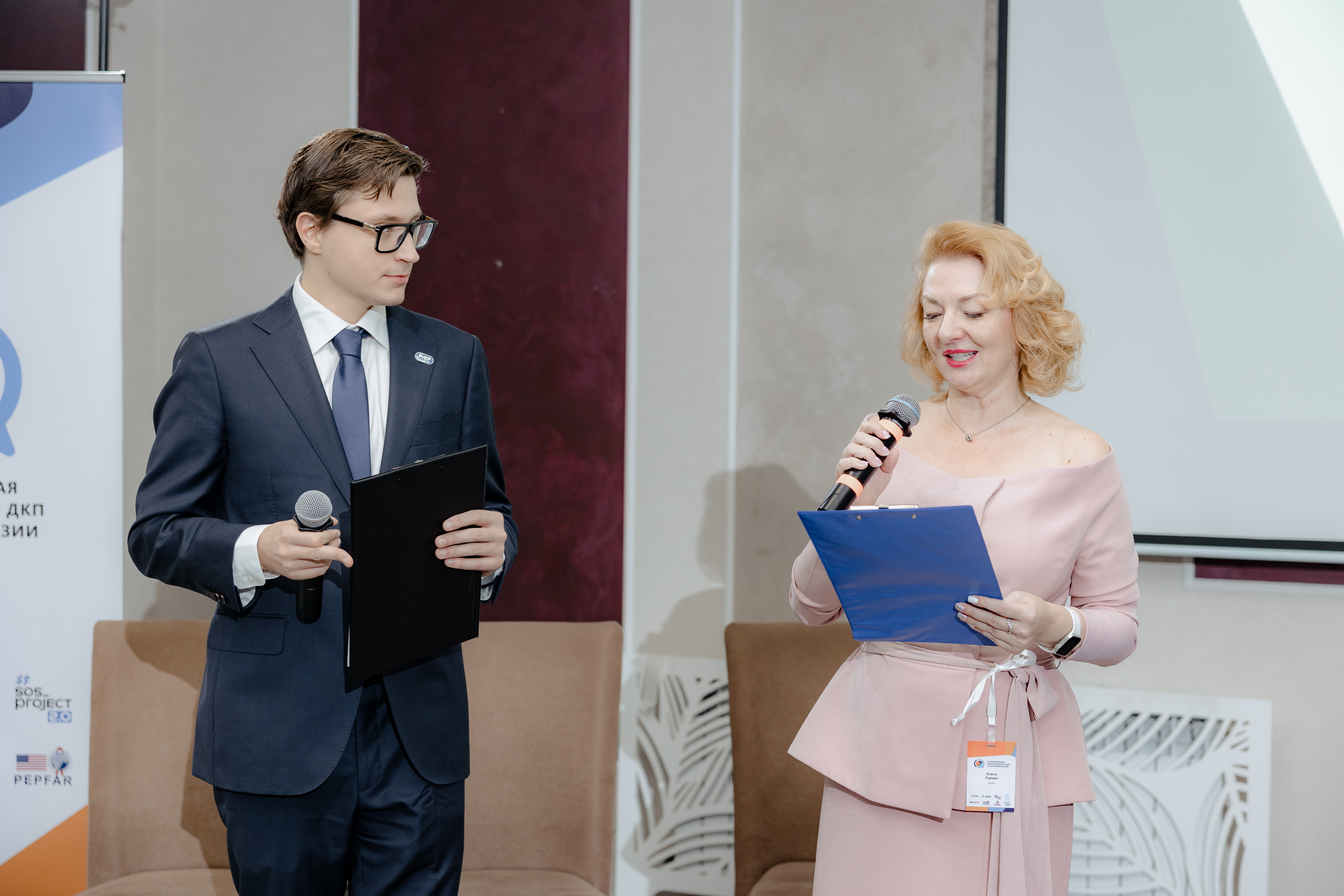
The fifth session and data analysis workshop brought together participants to explore monitoring strategies. The experience of Germany demonstrated how analyzing prescription and demographic data can improve coverage among key populations. The practical part helped participants adapt the acquired knowledge to their countries' contexts.
During the session on program sustainability and funding, experts discussed the possibilities of long-term support through government and donor resources. Examples from Kazakhstan, Kyrgyzstan, and Ukraine showed how grants, online platforms and adaptation of legislative initiatives help to increase PrEP availability.
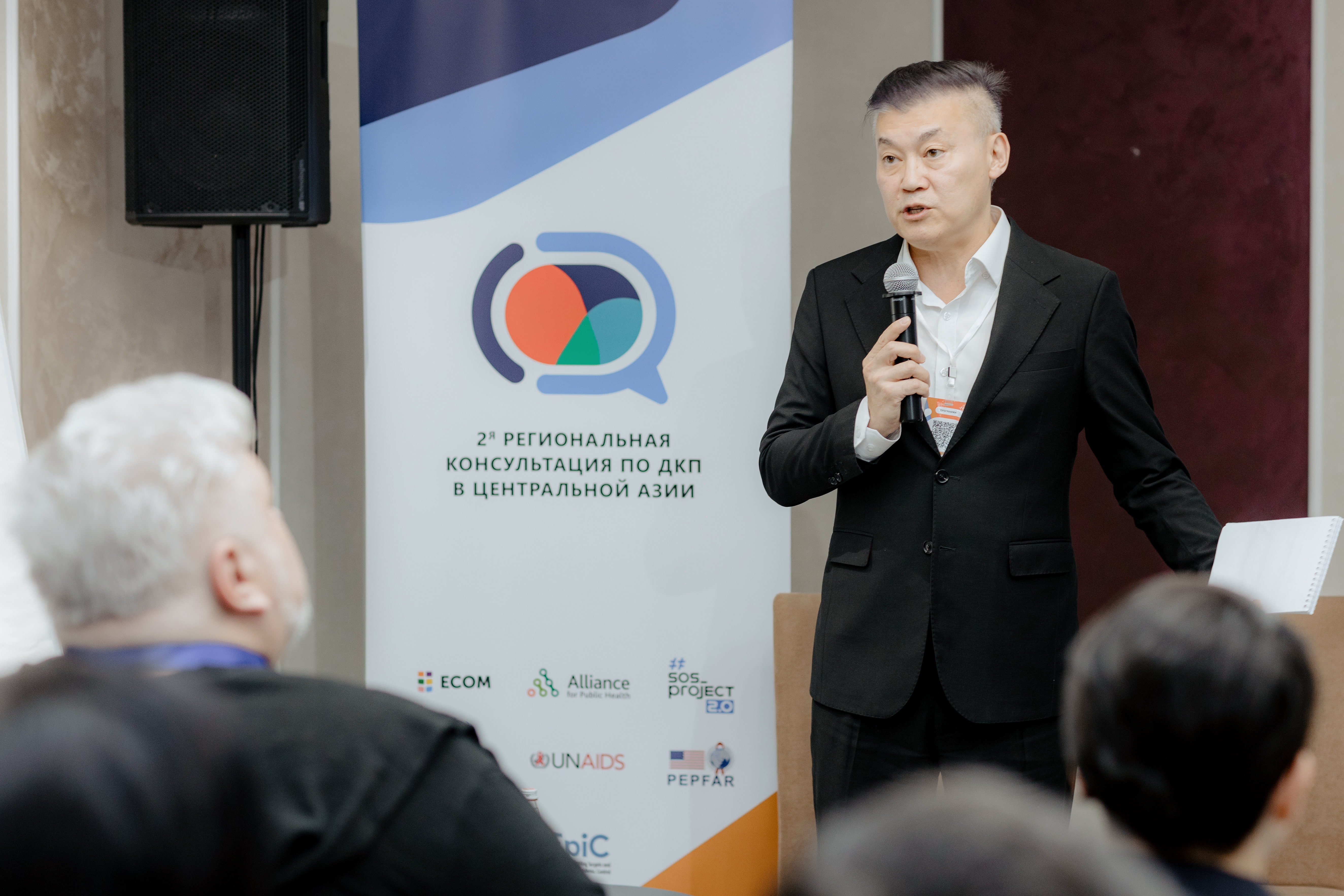
Special attention at the consultation was given to the trans community. Representatives from Kazakhstan, Kyrgyzstan, Tajikistan, and Thailand discussed barriers, including stigma, and the lack of trans inclusive environments and adapted services. Recommendations were made to introduce gender-affirming services, decriminalize sex work, and improve trans people's access to information.
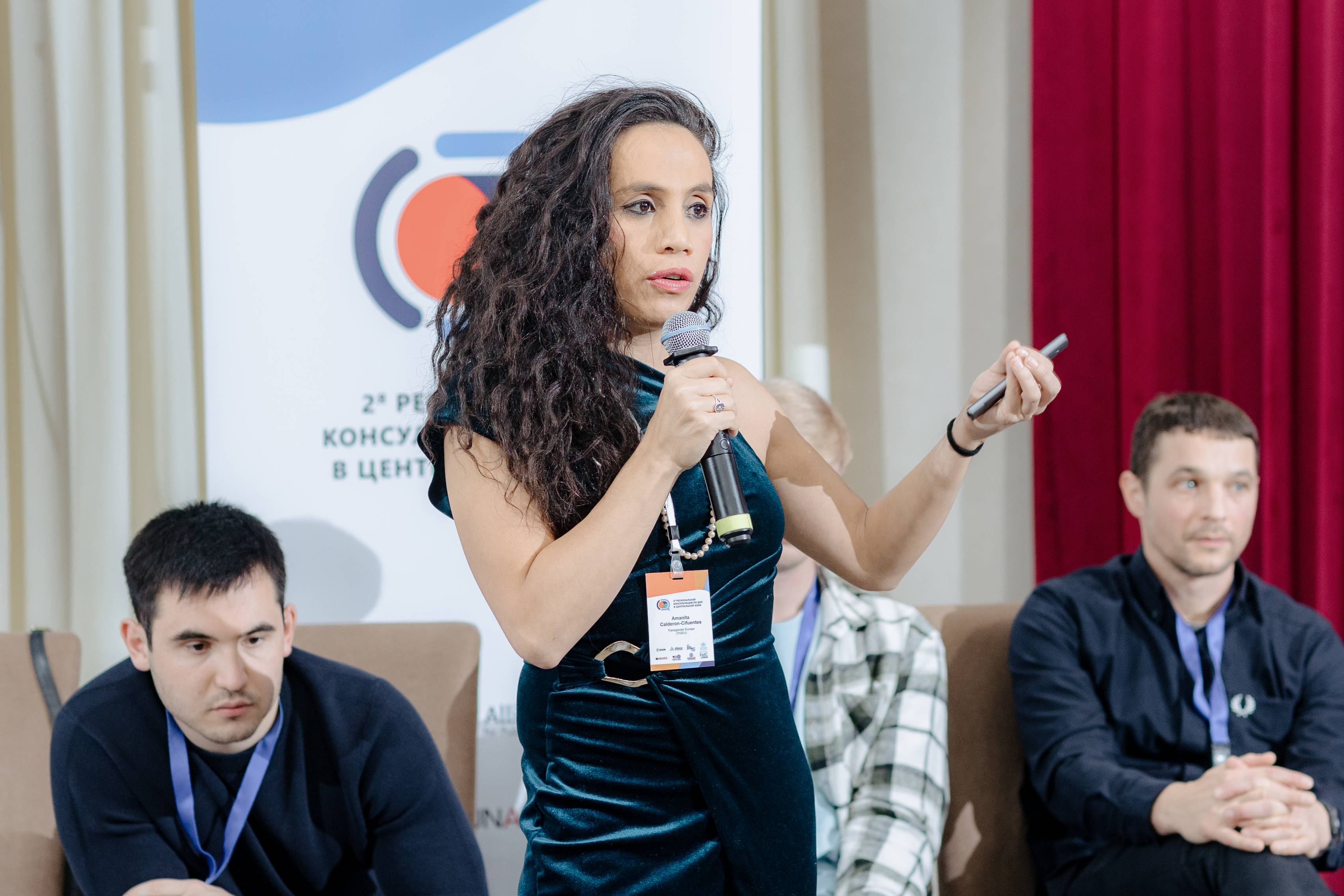
Innovative approaches to PrEP delivery were another key theme. Examples of using injectable cabotegravir, selling PrEP through pharmacies, and telemedicine showed how new formats can help reduce stigma and expand coverage. Participants noted that combining innovation with local approaches yields better results.
The consultation concluded with discussions on integrating mental health, harm reduction, and PrEP programs. Participants emphasised the importance of a comprehensive approach to improving the health of key populations.
Over two days, the consultation presented success stories, identified key barriers, and proposed solutions for scaling up PrEP programs in the region.
“The second regional consultation on PrEP was a key step in achieving our shared strategic goals. It highlighted the importance of creating a more inclusive environment and introducing innovative approaches that will change the situation regarding the HIV epidemic,” said Rishat Azikhanov, a member of ECOM's Steering Committee.
The event confirmed the importance of joint efforts and regional cooperation in improving the accessibility and quality of services.
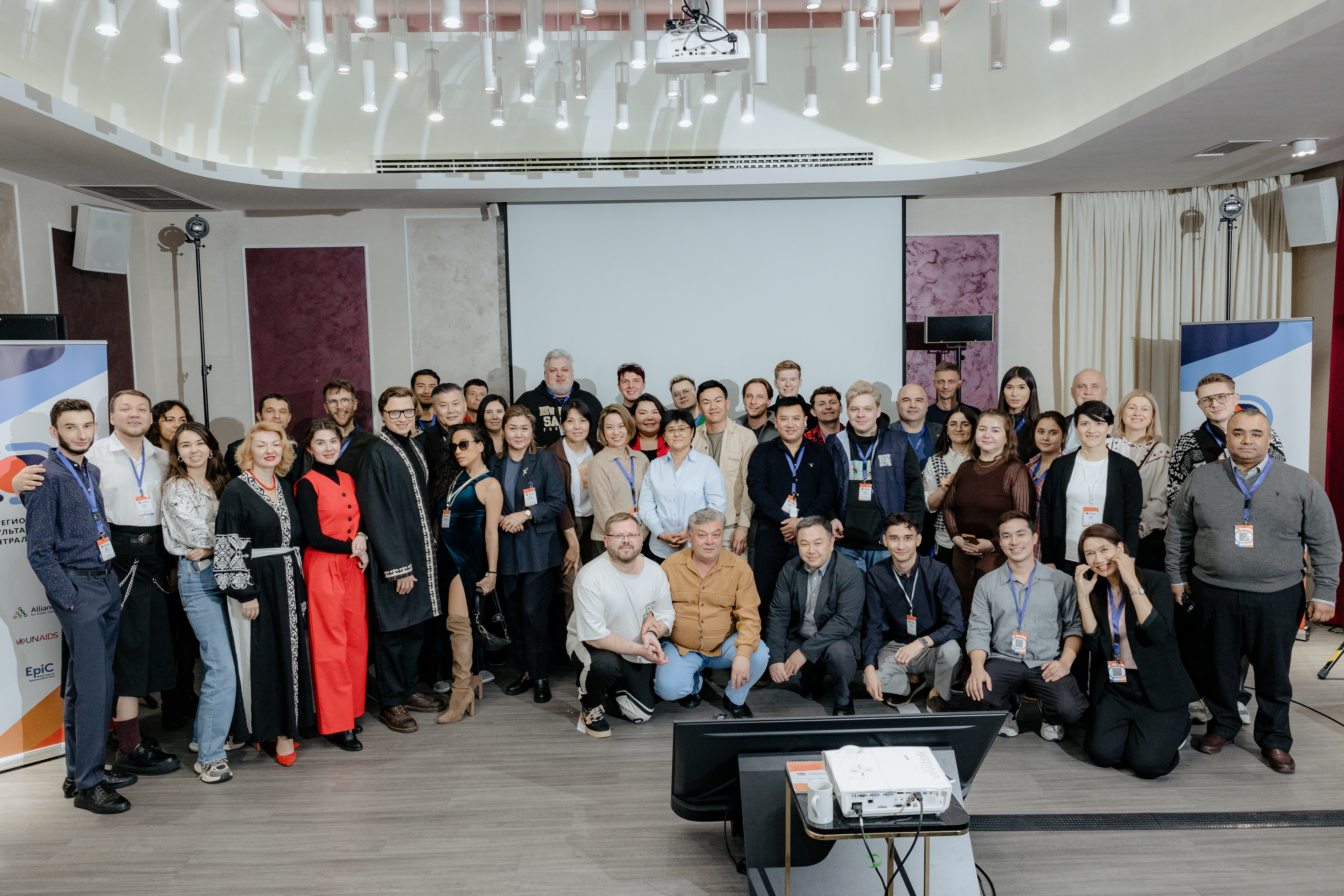




Комментарии
Пока никто не оставил комментарий